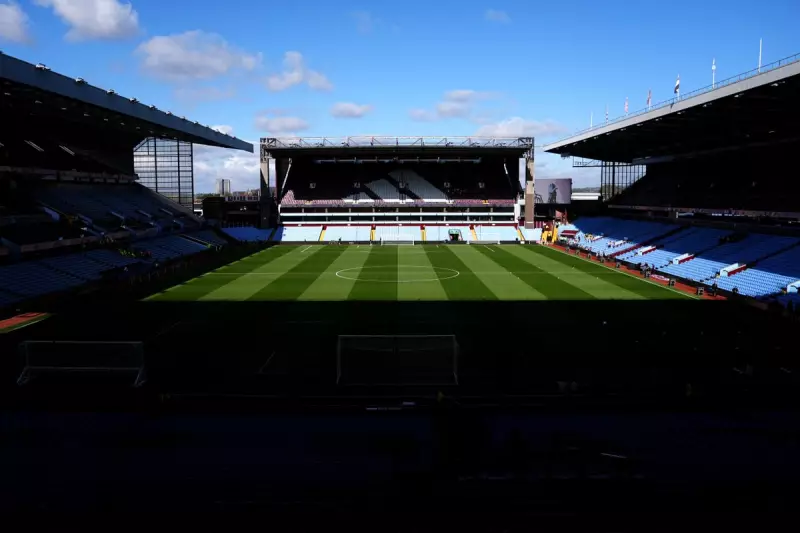
Labour leader Sir Keir Starmer has abruptly cancelled a planned meeting with Israeli football club Maccabi Tel Aviv following intervention from Birmingham City Council, in a move that has sparked significant controversy and raised questions about political influence on international sports relations.
Last-Minute Cancellation Sparks Outrage
The scheduled meeting between Sir Keir and representatives from the historic Israeli club was called off at the eleventh hour after Birmingham City Council leaders expressed strong objections. The cancellation came despite the event being fully arranged and ready to proceed, leaving club officials disappointed and questioning the political motivations behind the decision.
Birmingham Council's Intervention
Sources close to the situation reveal that senior figures within Birmingham City Council applied significant pressure on Starmer's office to cancel the engagement. The council, which has faced its own financial challenges requiring government intervention, took a firm stance against the Labour leader meeting with the Israeli sports delegation.
The abrupt change of plans has raised serious questions about the appropriate boundaries between local government influence and national political leadership, particularly concerning international relations and sports diplomacy.
Maccabi Tel Aviv's Disappointment
Club officials from Maccabi Tel Aviv, one of Israel's most celebrated football institutions with a rich history dating back to 1906, expressed profound disappointment at the cancelled meeting. The club had seen the engagement as an opportunity for cultural exchange and building bridges through sport.
This incident occurs against a backdrop of heightened sensitivity surrounding UK-Israel relations and raises concerns about the politicisation of international sports engagements.
Broader Implications for Sports and Politics
The cancellation highlights the increasingly complex relationship between sports, politics, and international diplomacy. As political pressures continue to influence sporting engagements, questions arise about the future of cultural exchanges and the role of sports in international relations.
This development comes at a particularly sensitive time for the Labour leader, who has been working to define his approach to international relationships and demonstrate consistent leadership on the global stage.





